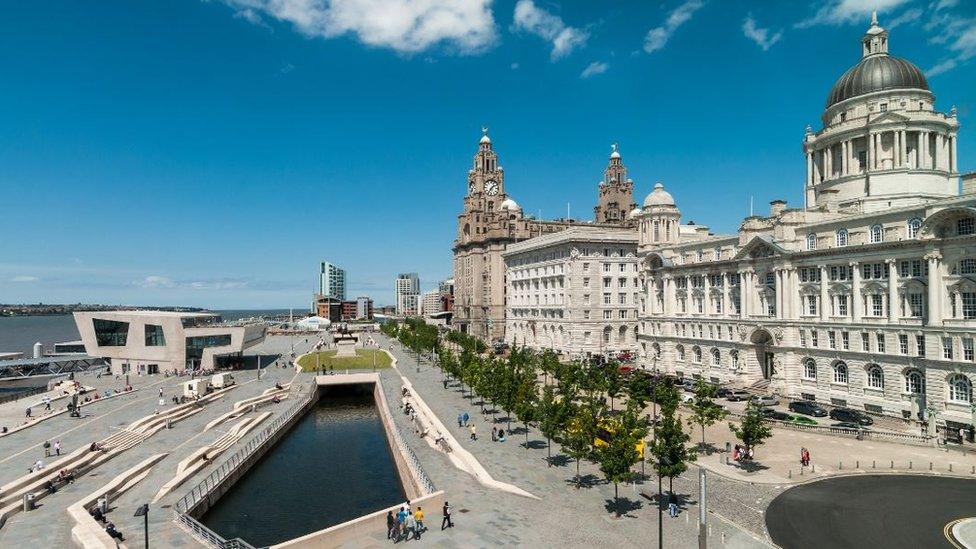Eurovision 2023: Liverpool hosts handover ceremony and semi-final draw
- Published
- comments
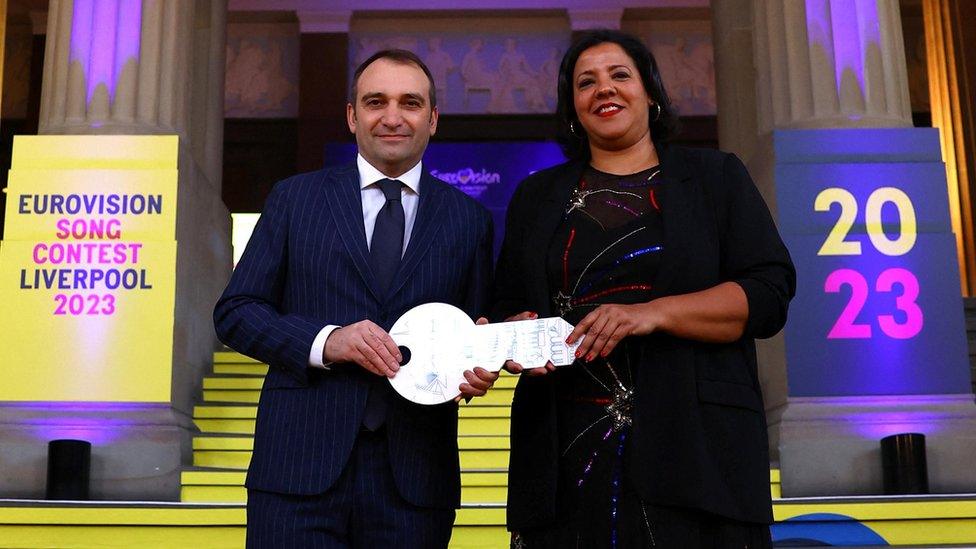
Turin mayor Stefano Lo Russo handed over the symbolic Eurovision key to Liverpool mayor Joanne Anderson
Eurovision fever has hit Liverpool, with an official handover ceremony and the semi-final draw taking place in the city ahead of this year's song contest.
The mayor of last year's host city, Turin, handed over the symbolic Eurovision key to his Liverpool counterpart, Joanne Anderson.
Thirty-one countries were given spots in the two semi-finals, with the grand final to be held on 13 May.
The UK is hosting the event on behalf of last year's winners, Ukraine.
The semi-finals will take place at the city's M&S Bank Arena on 9 and 11 May, with the 31 countries whittled down to 20 by the public in a change to the rules.


The UK, France, Spain, Germany and Italy automatically qualify for the grand final because of how much their broadcasters pay to take part, while Ukraine will also go straight to the final as 2022 winners.
The previous year's victors normally stage the next event, but Ukraine was unable to take up hosting duties because of the war, and the UK was chosen after Sam Ryder came second.
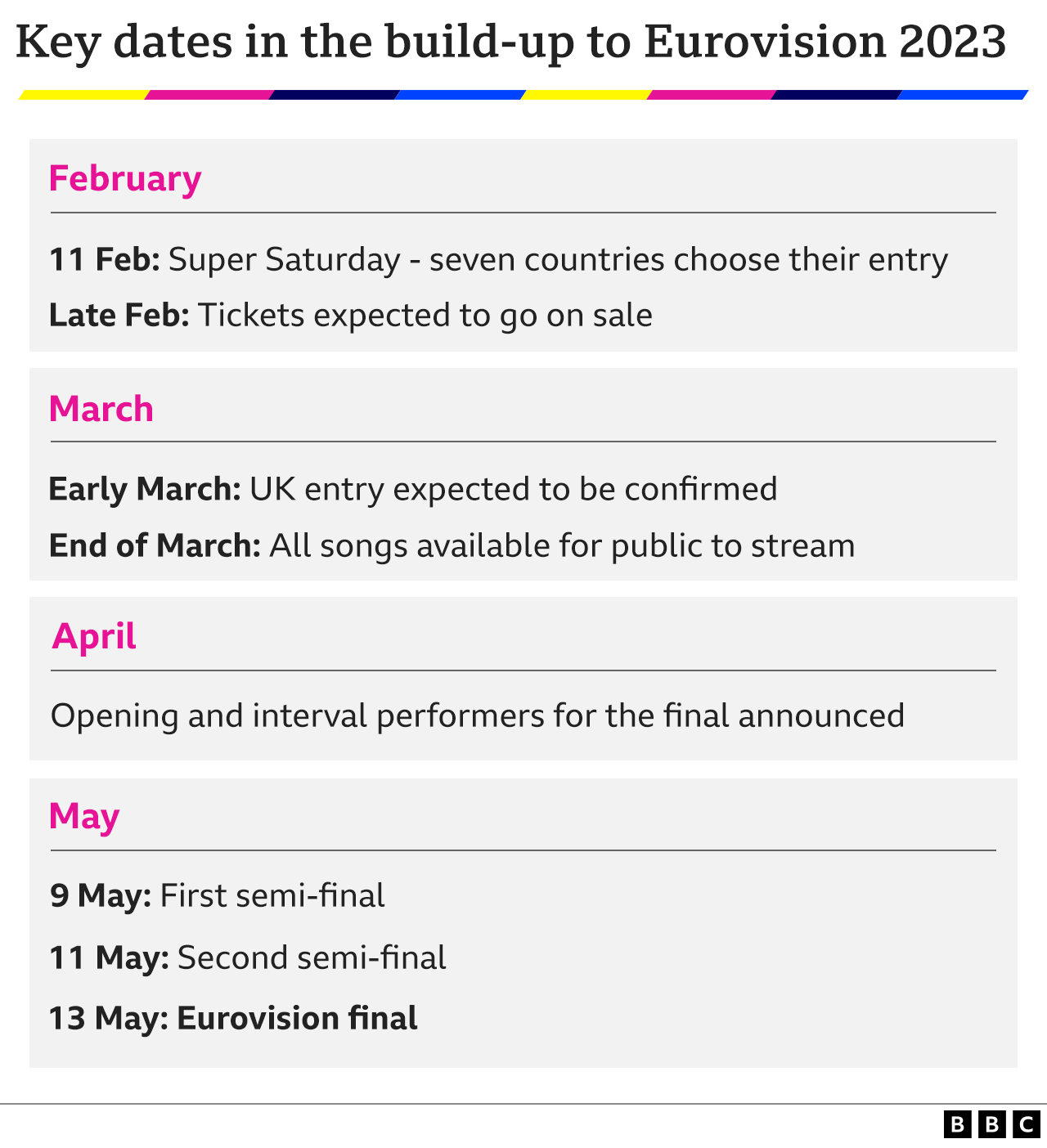
Tuesday's televised handover ceremony was staged at the city's St George's Hall, hosted by Rylan Clark and AJ Odudu.
Turin mayor Stefano Lo Russo said to Ms Anderson: "A little bit of advice - enjoy the event; include everybody; engage the whole city; be proud for such an incredible international stage for you, for Ukraine and for peace."
She thanked him, adding: "For me, it started on Sunday when we met and you talked about all the wonderful impact that Eurovision has had on your city.
"I'm really proud to be able to host Eurovision for Liverpool, but especially proud to do it on behalf of Ukraine."
The rundown on the 2023 contest in 50 seconds
The ceremony came after this year's Eurovision slogan was revealed - "United in music" - along with official artwork showing hearts beating together, incorporating the colours of the Ukrainian and UK flags.
The BBC said that "reflects the very origins of the contest", which was originally created as a broadcasting experiment to bring Europe together.
Who pays for Eurovision?
Liverpool City Council and the Liverpool City Region Combined Authority will pay around £4m between them towards putting on events outside the arena.
There will be events across Liverpool - including a fan park with big screens for those unable to get tickets to the nine shows (including rehearsal performances) during Eurovision week.
The main bulk of the budget for the world's most-watched live music event will fall to the BBC as host broadcaster - an estimated cost of between £8m and £17m.
Culture Secretary Michelle Donelan has also confirmed that the UK government will contribute, but has not said how much.
The competing countries - through their national broadcasters - also pay an entry fee.
Allow Instagram content?
This article contains content provided by Instagram. We ask for your permission before anything is loaded, as they may be using cookies and other technologies. You may want to read Meta’s Instagram cookie policy, external and privacy policy, external before accepting. To view this content choose ‘accept and continue’.
Revealing the logo, Martin Green, managing director of the event for the BBC, said: "This year's identity sums up perfectly the amazing partnerships across the contest and, more importantly, the power of music to bring people together across the world."
All the build-up, insights and analysis will be explored each week on a new BBC podcast called Eurovisioncast.
Eurovisioncast is available on BBC Sounds, or search wherever you get your podcasts from.

Related topics
- Published12 May 2023
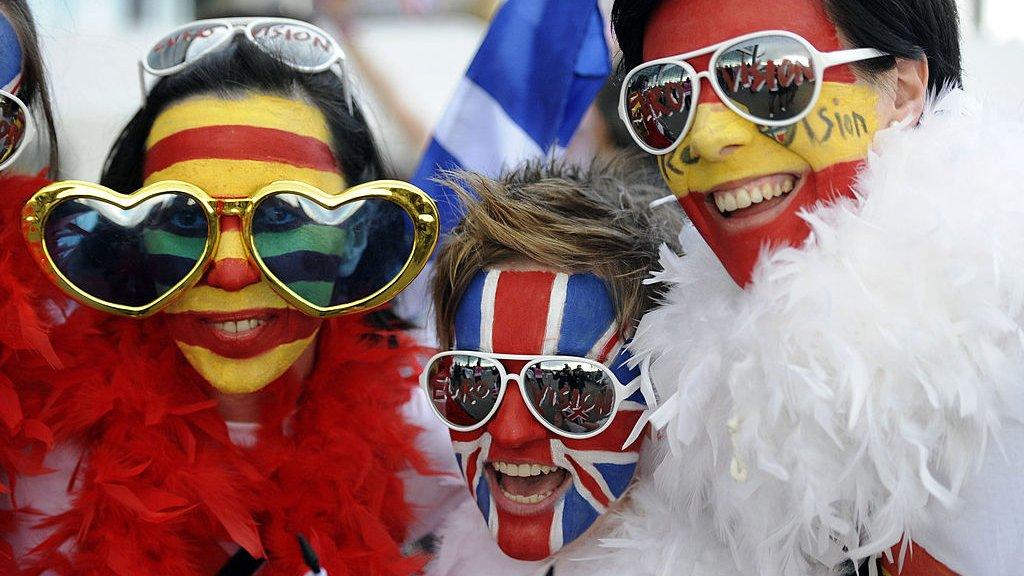
- Published9 January 2023
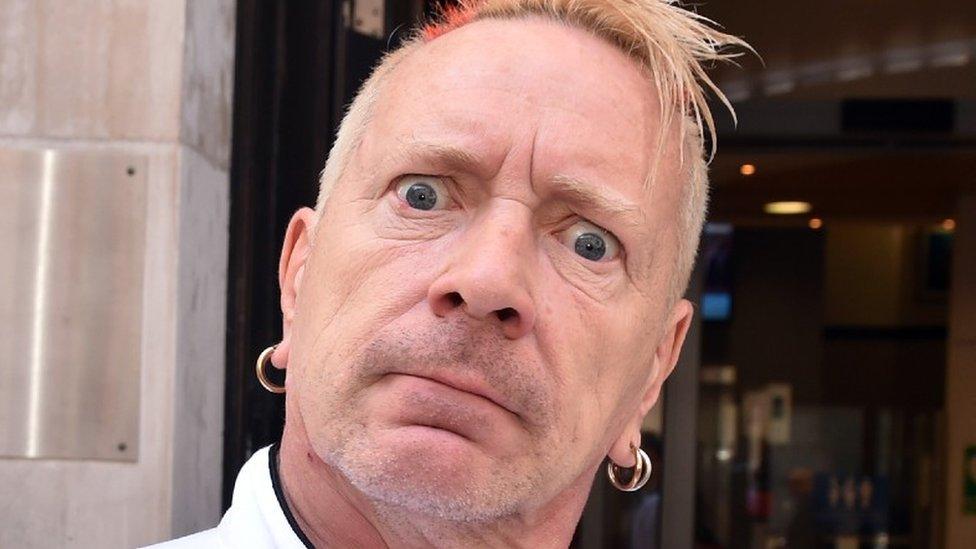
- Published17 December 2022
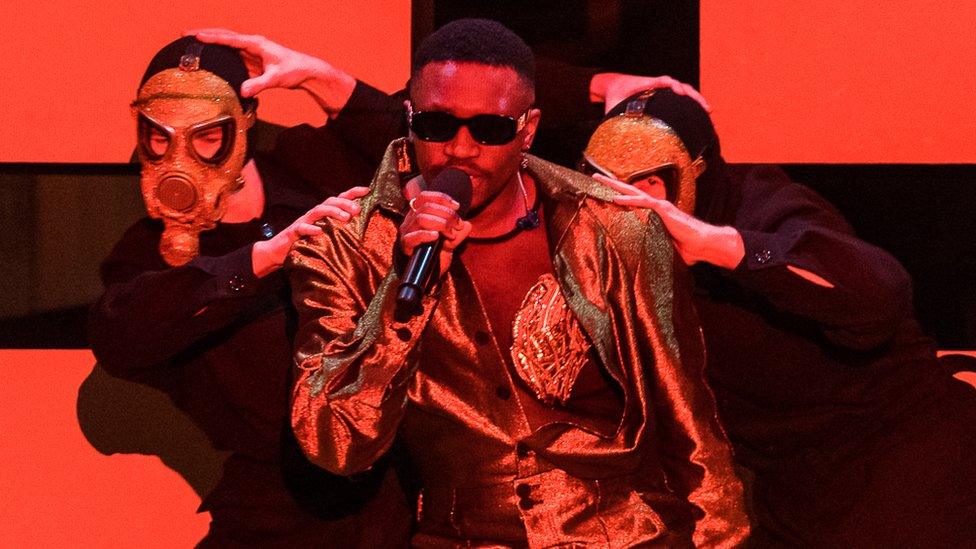
- Published1 November 2022
